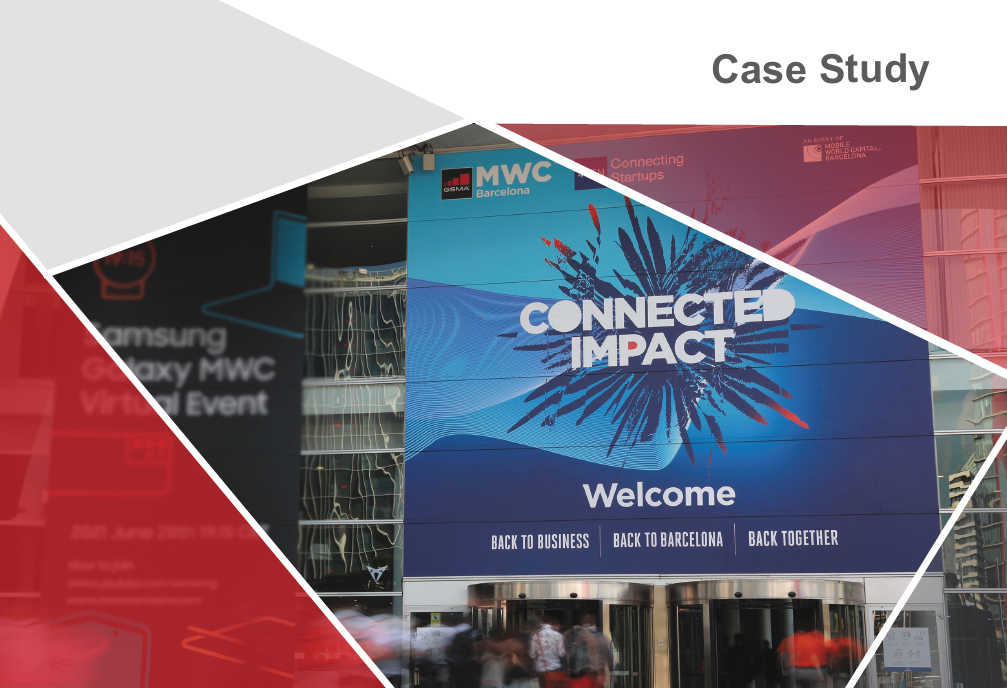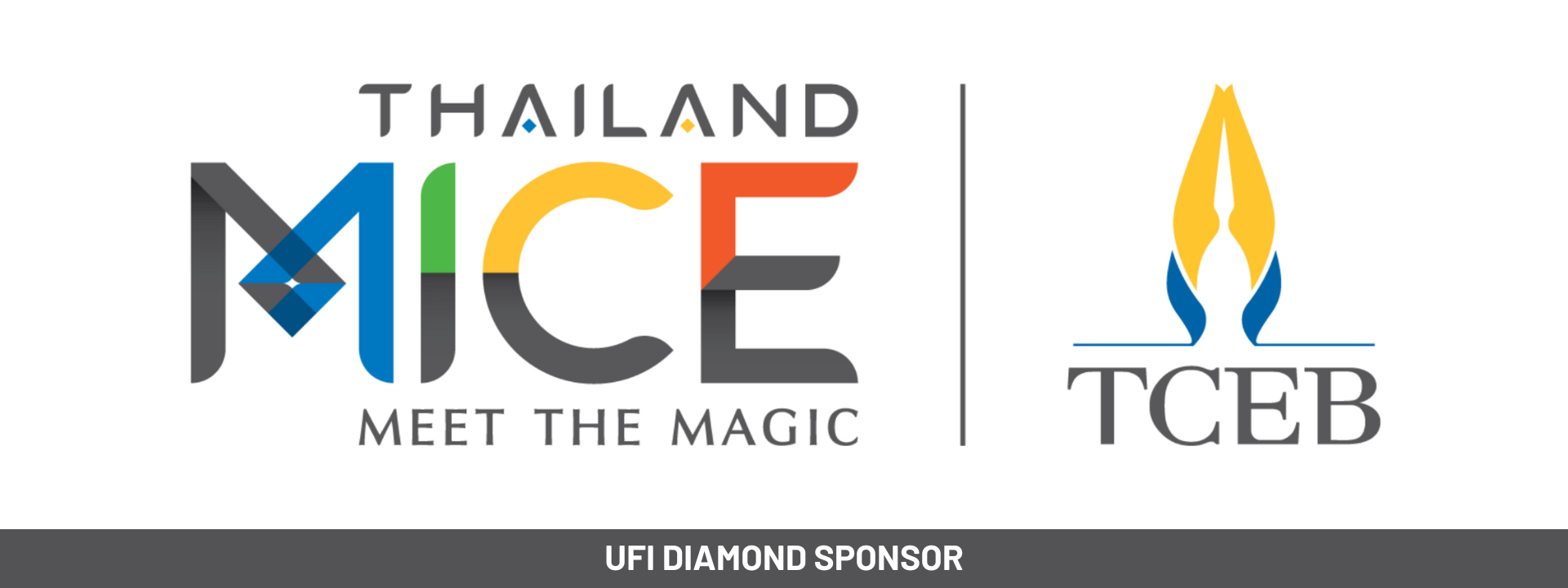On Feb. 12, 2020, GSMA announced the cancellation of Mobile World Congress (MWC) Barcelona — just 12 days before the mega-show was set to open on Feb. 24. Keep in mind: GSMA made this tough call a full month before the U.S. was shut down due to Covid.
“Our biggest asset became our biggest liability when we cancelled,” said John Hoffman, CEO of GSMA, an association that represents 750 operators and 400 companies in the mobile industry. “We had a responsibility to the 110,000 attendees from 200 countries.”
MWC Barcelona was one of the first major global events to cancel, and the news grabbed headlines across media outlets around the world. At the time, no one knew it was the beginning of a global shutdown — with the trade show sector taking one of the hardest hits.
Fast forward to June 2021: MWC Barcelona was one of the first major global events to stage in Europe. “It’s safe and possible to get back together to do business,” said Hoffman. “One thousand companies wanted to exhibit in person, and we are here for those who are ready to get back to business. There’s anticipation and trepidation. It’s not easy to travel, but it’s getting easier every day.”
In June, Spain was emerging from tight restrictions due to Covid. When the show opened on June 28, Spain had an indoor mask mandate in place, and the vaccination rate was pacing at 50%, lagging behind some countries. A few days before the show, the outdoor mask mandate, which had been in place since summer 2020 for anyone over the age of 6, was lifted in Spain. International travel was limited for this global show due to restrictions, quarantines and corporate travel bans.
“The world is at different places dealing with the pandemic, and so the responses are slightly different,” Hoffman said. “We went to China in February in Shanghai. We held a very large-scale event — maybe not as large as in the past — but very large scale for today’s world — and safe. We used those learnings, and we brought them here. What we want to do now is export those learnings to the rest of the convening ecosystem and help reopen a critical component of business.”
Fira de Barcelona began ramping up about three months before the show, and the venue hosted a scaled-down version of Integrated Systems Europe in early June with about 2,000 attendees.
“We are one of the leading destinations restarting the event business,” said Christoph Tessmar, Director, Barcelona Tourism Convention Bureau.
“It’s been tough mainly because of the resources we had. Many of our people were furloughed for the last 15 months,” said Rubén Dalmau, Expansion Sales Director, Fira de Barcelona, which was also home to the largest vaccination site in Catalonia. The facility began ramping back up to its full staff of 380. The venue provided operations, registration, stand-building and other services to GSMA.
“In 2019, MWC Barcelona generated nearly half a billion euros in direct economic impact,” said Tessmar. The city and GSMA have a private/ public partnership worth 4 billion euros, and the group generated revenues of 500,000 euros in 2019. “Without a doubt, MWC is the largest trade event every year”.
MWC Barcelona 2021 drew just under 21,000 in-person attendees and thousands more online worldwide. Since international travel was limited, GSMA offered discounts for local and regional attendees.
In this case study, SISO and UFI take a deeper dive into how GSMA restarted the European exhibition industry with the production of MWC Barcelona in June
Read the full case study here.



Leave A Comment